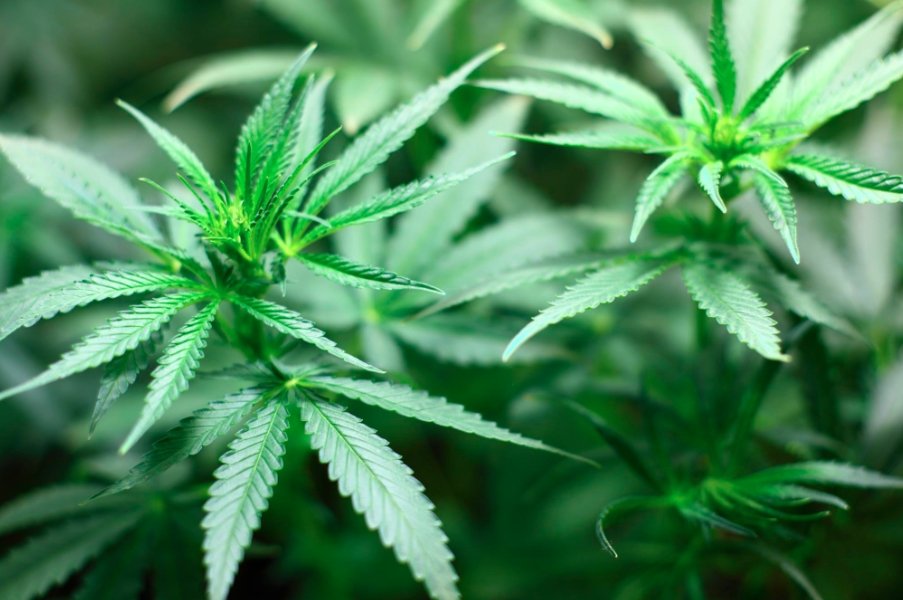Thailand, the first country in Asia to decriminalize cannabis, has announced its intention to ban recreational use of the plant and its products. The move comes after a surge of cannabis cafes and dispensaries in popular tourist destinations, as well as reports of marijuana overdose and health problems.
What happened to Thailand’s cannabis policy?
Thailand became the first country in Asia to decriminalize cannabis last year, when it delisted the marijuana plant as a narcotic. This meant that anyone who possessed or used cannabis for personal use would not face criminal charges, but only a fine or a warning. The government also allowed the production and sale of medical cannabis, including flower, extracts, and food products.
The relaxation of the laws sparked a boom of cannabis businesses in Thailand, especially in tourist areas such as Bangkok, Chiang Mai, and Pattaya. Many people started to visit these places to buy or consume cannabis products legally. Some even opened their own cannabis cafes or dispensaries, where they offered customers a variety of strains and edibles.
However, the new policy also raised some concerns about the potential harms of cannabis use. There were reports of marijuana overdose cases among young people who consumed too much THC, the psychoactive compound in cannabis. There were also complaints about the quality and safety of some cannabis products sold by unregulated vendors. Moreover, there were fears that cannabis tourism could damage Thailand’s image as a family-friendly destination.
Why is Thailand reversing its course?
In response to these issues, Thailand’s new government has decided to ban recreational use of cannabis within six months. The draft bill that was published online on Jan. 9 outlines several changes that would prohibit smoking or vaping cannabis for recreational purposes.

According to the bill proposal:
- Anyone who smokes or vapes cannabis for recreational purposes will face a fine of up to 60,000 baht (about $1,709.53).
- Those selling or distributing cannabis or its extracts for recreational purposes will face up to one year in jail or 100,000 baht (about $2,849.21) in fines.
- Advertising or marketing campaigns for cannabis products will be banned.
- Driving while high on cannabis will be punishable with a fine of up to 20,000 baht ($569.83), or one year in jail.
- The government will tighten licensing rules for growing, selling, exporting, importing, and using cannabis.
The draft bill also clarifies that only medical uses of cannabis are allowed under existing regulations. Anyone who wants to grow their own plants at home must register with the government via a mobile app and follow certain guidelines.
The government claims that these changes are meant to rectify what lawmakers could not foresee earlier and prevent the wrong usage of cannabis.
How do people react to Thailand’s reversal?
The draft bill has sparked mixed reactions from different stakeholders in Thailand’s society.
Some supporters of legalization welcomed the move as a necessary step to protect public health and order. They argued that recreational use of cannabis could lead to addiction, mental health problems, social problems, and crime.
Some opponents of legalization criticized the move as an unnecessary interference with personal freedom and choice. They argued that recreational use of cannabis should be left to individual discretion and responsibility.
Some tourists expressed confusion and disappointment over Thailand’s reversal. They said they enjoyed visiting Thailand’s legal cannabis scene and did not see any harm in using it moderately.
Some local residents expressed relief and satisfaction over Thailand’s reversal. They said they did not want their country’s reputation to be tarnished by illegal drug trade and tourism.
What are the implications for Thailand’s future?
Thailand’s reversal on its previous policy could have significant implications for its future development as a country.
On one hand, it could help restore public confidence and trust in Thailand’s government and institutions. It could also help reduce social problems caused by drug abuse and trafficking.
On the other hand, it could limit economic opportunities and innovation related to legalizing medical or industrial hemp production. It could also affect international relations with other countries that have different views on drug policy.
Thailand is now seeking public opinion on its draft bill until Feb. 9. After that date, it will submit it to parliament for approval. If approved, it will become law within six months.



